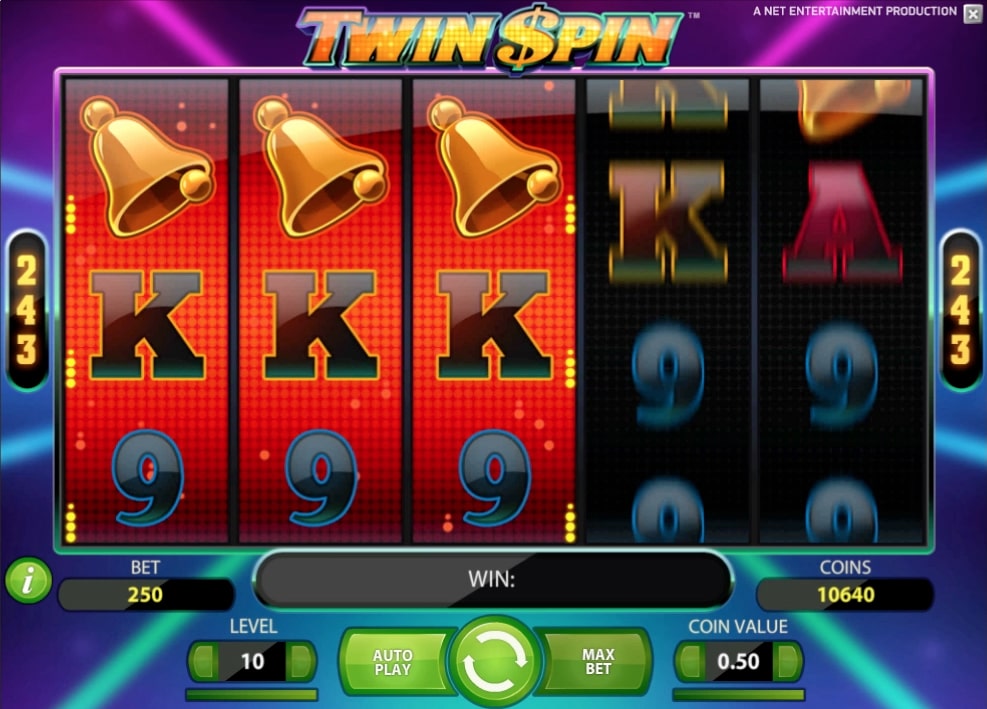
OTransparency and fairness are paramount in the world of online casinos. That's why it's crucial to examine the technology that guarantees the validity of online gambling operations – Random Number Generators (RNGs). This article will explain what RNGs are, how they function, their various types, and the reasons casinos employ them. Additionally, you will gain insights into the games that depend on RNGs and what the future holds for this technology in the online gambling landscape.
What Exactly is a Random Number Generator and Its Significance?
A Random Number Generator, or RNG for short, is a mathematical mechanism intended to generate a sequence of numbers or symbols. True to its name, each sequence is unique and difficult to predict.
In the online casino environment, RNGs are employed by all gaming platforms to replicate the randomness of live events such as:
- Spinning your game slot reels
- Shuffling poker cards
- Rotating a roulette wheel
This innovative technology has transformed the online casino industry, creating a level playing field and ensuring that players experience fair and open gaming environments.
RNGs: Two Main Types
Though they may appear straightforward, Random Number Generators are quite complex. Below, we elaborate on the two main types of RNGs and highlight their distinctions:
Pseudorandom Number Generators (PRNGs)
This type of RNG operates independently without needing external influences to generate numbers. It runs on a fascinating principle where a seed value is fed into a set of algorithms that continuously alter it.
The name of this RNG might suggest it's not entirely random, but that's a misconception. The Pseudorandom Number Generator relies solely on a seed, resulting in outputs that are unforeseeable due to the ever-changing algorithms. PRNGs are frequently used in online casinos for their reliability and efficiency.
Hardware Random Number Generators (HRNGs)
In contrast to Pseudorandom Number Generators, Hardware Random Number Generators derive their randomness from physical events, making them genuinely unpredictable. These are typically referred to as True Random Number Generators because they can be based on natural occurrences like radioactive decay or thermal variations.
Such RNGs are comparatively rare in online casinos primarily due to their high costs. Hardware Random Number Generators are complex and expensive, often reserved for premium tournaments or games with significant stakes.
Nevertheless, there are various types of RNGs available. To shed light on this, we’ve prepared a chart detailing some Random Number Generator varieties throughout the years.
| Name | Year | Inventor | RNG Type |
| Middle-square method | 1946 | J. von Neumann | PRGN |
| Lehmer generator | 1951 | D. H. Lehmer | PRGN |
| Linear congruential generator (LCG) | 1958 | W. E. Thomson; A. Rotenberg | PRGN |
| Wichmann–Hill generator | 1982 | B. A. Wichmann and D. I. Hill | PRGN |
| Rule 30 | 1983 | S. Wolfram | PRGN |
| ACORN generator | 1989 | R. S. Wikramaratna | PRGN |
| MIXMAX generator | 1991 | G. K. Savvidy and N. G. Ter-Arutyunyan-Savvidy | PRGN |
| Xorshift | 2003 | George Marsaglia | PRGN |
| Advanced Randomization System (ARS) | 2011 | J. Salmon, M. Moraes, R. Dror and D. Shaw | PRGN |
To exemplify how RNGs function, let's consider one of the oldest types: the Linear Congruential Generator (LCG) along with its formula:
Xn+1=(aXn+c) mod m
The Importance of RNGs in Online Gambling Platforms
Unlike traditional brick-and-mortar casinos, which employ their own techniques to ensure fair play, online casinos mainly rely on RNGs. This necessity arises because online gambling often lacks the direct involvement of live dealers, making the assurance of fair play more challenging.
For example, when you play a slot game or a round of online blackjack In this system, the RNG is perpetually generating new seed values. This replaces the mechanisms of live dealers and slot machines, ensuring that every spin or card deal is conducted fairly through an RNG algorithm, determining the outcome of each game. This creates a truly independent atmosphere where past results do not influence future ones, allowing players to engage in a fair competition.

Which Games Operate Based On RNGs?
Nearly all virtual casino games without live dealers depend on RNGs, ranging from standard 5-reel slot machines—which assign unique values to each reel—to popular card games such as video poker, baccarat, and blackjack.
RNGs also play a role in table games like Roulette, Sic Bo, or those based on TV shows. In these instances, whether it's a bouncing ball, spinning wheel, or rolling dice, RNGs dictate the outcomes, despite seeming like games of pure chance.
Are Live Dealer Games Truly Random?
Live casino games, which have surged in popularity within the online gambling sector, can raise questions regarding their fairness and randomization. These games generally involve real dealers interacting through live streams, suggesting that randomness is generated by physical methods rather than RNGs. These methods include the use of multiple decks of cards, shuffling off-screen for integrity, and advanced technologies like Optical Character Recognition (OCR) to detect card values. These approaches indicate that live casino games do not rely on RNGs but rather on these practices to ensure fair gameplay.
Random Number Generators: A Vital Technology for Upholding Casino Integrity
To ensure the integrity of RNGs, many online casinos in Canada Across the globe, third-party testing is employed to maintain standards. Organizations like eCOGRA, Gaming Labs International, and QUINEL carry out thorough tests to ensure players experience fair gameplay thanks to these RNGs. These authorities validate and issue certifications that foster trust among players, as their endorsement signifies a gaming experience that is genuine and not manipulated.
Online Casinos & RNGs In The Future
As online gambling continues to grow in popularity, it's unlikely that RNGs will become obsolete. With ongoing technological advancements, we can anticipate that Random Number Generators will evolve, leading to improved software and more sophisticated algorithms capable of offering a vastly expanded range of combinations.
Moreover, augmented reality has the potential to enhance the role of Random Number Generators, ensuring a level playing field that challenges traditional land-based casinos.
Conclusion
RNGs, along with their various implementations, form the foundation of the online gambling industry. They guarantee that every spin, roll, or deal is random and fair for all participants, minimizing any possibilities of prediction. As this cutting-edge technology advances, we can look forward to an even richer array of RNG algorithms and software development, ultimately enhancing trust in the platform. online casinos for real money This increased trust will be crucial as the industry transitions towards augmented reality gambling environments, making the role of RNGs even more significant in the coming years for both casual and seasoned players.







